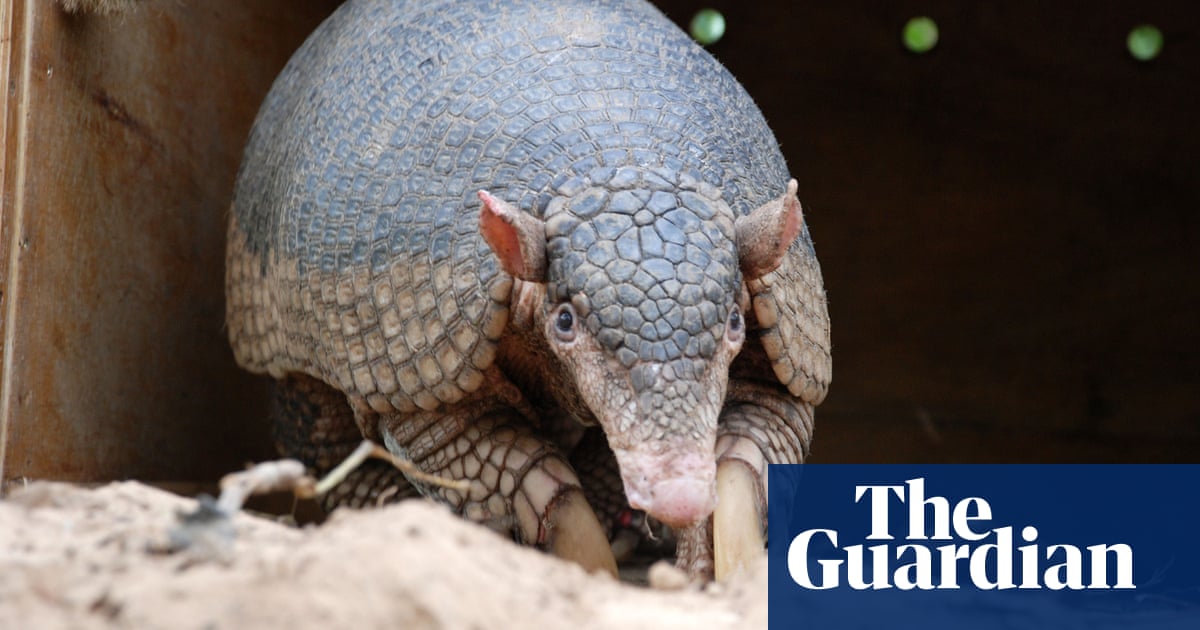
A year ago, world leaders queued up to express their outrage and their sympathies in the wake of the Christchurch massacre, in which 51 Muslims were shot dead at prayer in two mosques in the New Zealand city, all brazenly livestreamed on Facebook. Few seem to have reiterated such sentiments 12 months on. Most people barely noticed this grim milestone.
Given the maelstrom created by the coronavirus pandemic, world leaders can be forgiven for not having the time to commemorate this event. To some, it may seem relatively minor given the lockdowns, the deaths and the global fears we are confronting. Yet, when the threat of this virus does subside, the issues arising from this murderous attack and others like it will remain unresolved. More than likely, extremists of various stripes may even seek to exploit the coronavirus crisis.
Anniversaries are a challenging time for survivors and the families of the victims, but they do serve as a moment to check up on how society has progressed since the attack. It would hearten the soul to think that attitudes to Muslims across the globe had improved over the intervening 12 months. Optimists cling to the hope that more people might appreciate that Muslims are also humans and are victims of extremism, both from the far right and those who falsely purport to act in the name of Islam.
The reality is that the leadership and moral fiber on show from the New Zealand Prime Minister Jacinda Ardern and the overwhelming majority of Kiwis did not spread across the planet like a virus and infect other leaders. The empathy was frequently skin-deep and ephemeral. Who can remember the names of any of the victims? Who remembers now, if they knew at all, that a three-year-old, Mucaad Ibrahim, was among those slain? All the indicators suggest that the social distancing between Muslims and non-Muslims in Europe and the US, for example, is still wide and deep.
Victim-blaming is still all the rage. At the time, Australian senator Fraser Anning was widely panned for his comment, “does anyone still dispute the link between Muslim immigration and violence?” His charming take on Muslims was: “Just because the followers of this savage belief were not the killers in this instance does not make them blameless.” He is far from alone in holding such views.
Rather than provoking broad sympathy for Muslims, hate crime instead rocketed. The Christchurch massacre gave inspiration to fellow Muslim haters. In London, anti-Muslim attacks in March 2019 were double the previous month. The level was higher than at any time in the previous 12 months. Another report suggested that anti-Muslim attacks rose 692 percent in Britain in the week after the attacks. In Surrey, England, a far-white supremacist went on a violent anti-Muslim rampage that included stabbing a Bulgarian man. He was heard screaming: “All Muslims should die. White supremacists rule. I’m going to murder a Muslim.”
Mosques are a favorite soft target. Rather than being seen as a place of sanctity and security, too many see them as a symbol of an alien invasion and a parasitical violent culture. Stockholm Central Mosque was targeted by vandals 22 times in 2017 alone. In Brisbane, Australia, the day after the Christchurch massacre, a man drove his car into the gates of a mosque. In Escondido, California, a man tried to burn down a mosque. The words subsequently found spray-painted on the outside of the mosque paid homage to the Christchurch attacks.
Muslims are supposed to be perpetrators, not victims. Decades of Hollywood and television indoctrination has led to Muslims being depicted as baddies, violent and immoral. They are things, not human beings. As dire as the silver screen record on the depiction of Muslims is, nothing has sunk as low as those who designed video games — available as early as the end of March 2019 — that allowed players to re-enact the massacre in the two mosques.
Extremist media pundits fuel the flames and bury the debate in the toxic sludge of lies and smears. One prominent British columnist and regular contributor to the BBC insisted that Islamophobia was “invented.” Melanie Phillips tweeted: “‘Islamophobia’ is a term invented to silence acknowledgement of another kind of fanatical murderous hatred.” She should be no-platformed but is still routinely trotted out. She is far from a lone wolf.
All the indicators suggest that the social distancing between Muslims and non-Muslims in Europe and the US, for example, is still wide and deep.
Chris Doyle
The bitter reality is that violent attacks on Muslims and on mosques, the burning of Qur’ans, and the ripping off of hijabs are all too frequent. The horror of Christchurch should have outraged the world into tackling the issue, but it has not. Muslims in many countries are possibly more at risk than they were 12 months ago. Many feel more insecure.
The wider world has not just failed to learn the lessons of Christchurch — it does not want to. Ardern set up the “Christchurch Call” to tackle racist extremism online, but only 17 states initially signed its nonbinding agreement. Sadly, the US refused to participate. The network of white supremacists, far-right extremists, nativists, and neo-Nazis whom the Christchurch killer revered (and who helped make his live feed go viral) is very much still out there, ready for one of its number to strike again. It is a matter of if, not when.
Chris Doyle is director of the London-based Council for Arab-British Understanding. Twitter: @Doylech
Disclaimer: Views expressed by writers in this section are their own and do not necessarily reflect Arab News" point-of-view












